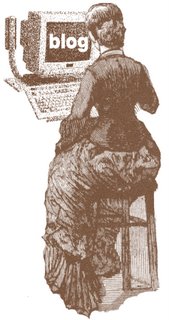
Talking of old friends, news of Penguin designer George Dale’s retirement has come as a bit of a shock. I always thought he was younger than me. It may be time to visit that Portland bookseller, George! During one of his innumerable farewell lunches, I’m told the irascible George was treated to a few lines of an ode composed in his honour to the tune of ‘My Favourite Things’. As well as some gentle teasing about Dale’s hankering back to days of Letraset, scalpels and glue pots (they disappeared so fast, didn’t they?), the song also captured some delightful George-isms:
Who took this book on? The plot line is so poor
Sans serif typeface is all that it’s good for
What do you editors do with your time?
Look at the upcoming list—it’s a crime.


